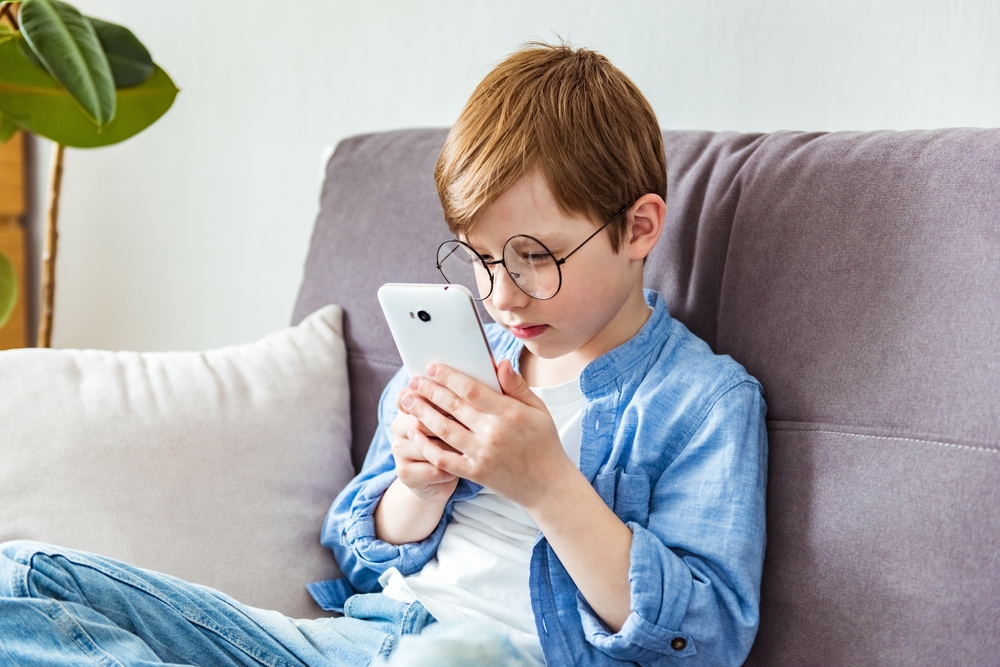
Children's mental wellbeing is a complex topic that involves a plethora of factors. It's about their emotional, physical, psychological, and social well-being. It affects how they think, feel and behave. It also helps determine how they handle stress, relate to others, and make choices. The mental wellbeing of a child is important at every stage of life, from childhood and adolescence through adulthood.
In this digital era, 'screen time' has become a significant part of our lives. It refers to the amount of time spent using a device such as a smartphone, computer, television, or games console. As a result, it's crucial to consider how such exposure might influence a child's mental wellbeing. While screens can be informative and engaging, excessive screen time may lead to several developmental and mental health issues.
Understanding the Concept of 'Screen Time'
Screen time is a broad term that encompasses the total amount of time spent in front of digital screens. This includes televisions, computers, smartphones, tablets, and gaming devices. It's an integral part of contemporary life, utilized for education, communication, entertainment, and work. But, it's a double-edged sword; while it provides numerous benefits, it also has potential drawbacks.
For children, screen time can be both educational and entertaining. It can promote learning, foster creativity, and provide a platform for social interaction. Yet, it's essential to understand the potential risks associated with excessive screen time. Overuse of screens can lead to sedentary behavior, unhealthy eating habits, disrupted sleep, and other negative health outcomes.
How Does Screen Time Affect a Child's Development?
One of the primary concerns of screen time is the impact on physical health, including the risk of obesity due to prolonged sedentary behavior and potential eye strain from staring at screens for extended periods.
However, the screen time effects on a child's development aren't just physical; they also extend to cognitive and emotional development. Excessive screen time can contribute to reduced attention spans, difficulties in learning, and lower academic performance. It can also lead to reduced social skills, as screen-based activities often replace face-to-face interactions.
Tips to Manage Your Child's Screen Time for Better Mental Health
Managing your child's screen time effectively is crucial for their mental health. Here are some practical tips:
Set clear boundaries: Establish screen time rules, such as limiting use during meal times and before bed.
Encourage physical activity: Regular exercise can offset the sedentary nature of screen time.
Monitor content: Ensure your child is exposed to age-appropriate and educational content.
Foster offline social interactions: Encourage face-to-face interactions to develop social skills.
Model healthy screen habits: Children often emulate adults, so show them how to balance screen time with other activities.
Promote Healthy Habits for Your Child Today
Screen time is an integral part of modern life, and it's unrealistic to eliminate it entirely from children's lives. However, understanding its impacts on a child's mental wellbeing is critical. While excessive screen time can have negative effects, controlled and quality screen time can be beneficial. As parents or caregivers, we need to ensure a balanced approach, fostering healthy screen habits that promote rather than hinder our children's mental health.
To learn more on how screen time affects a child’s mental health or for any pediatric concerns, visit Bayside Pediatrics P.C. at our office in Bayside, New York. Our pediatricians and staff are all dedicated to providing quality comprehensive care for your child. Please call (718) 229-7337 to schedule an appointment today.





